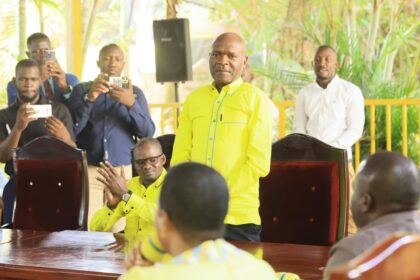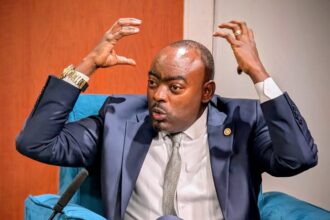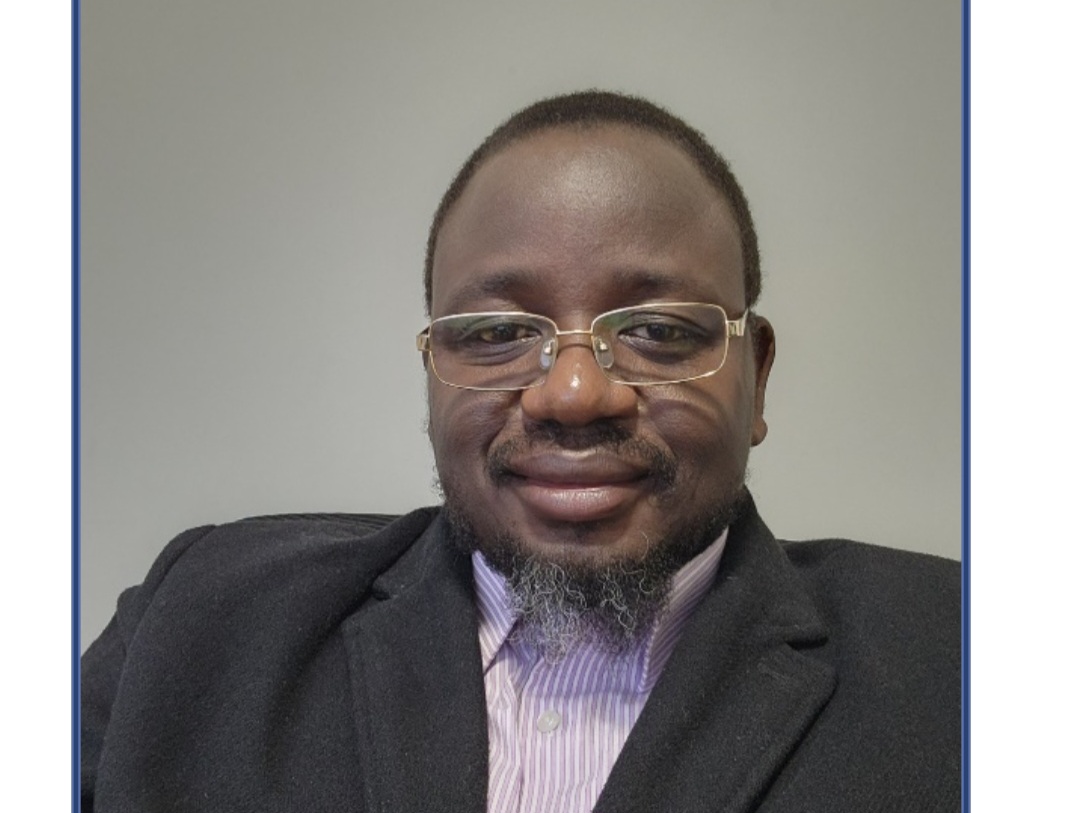WHY ARTICLE 102(B) OF THE CONSTITUTION SHOULD BE AMENDED ACCORDING TO THE PARLIAMENTARY LEGAL COMMITTEE.
Article 183(2)(b) which states that a person is not qualified to be elected district chairperson unless he or she is at least 30 years and not more than 75 years of age is up for amendment.
The Committee which looked through the Bill said Article 102 (b) is contrary to the spirit of objective II of the National Objectives and Directives Principles of State Policy which imposes obligations on the state to among others, be based on democratic principles which empower and encourage the active participation of all citizens at all levels in their own governance.
The report further states that “Article 102 (b) threatens democracy since Article 1 grants the people of Uganda the right to determine who leads them and how they are ruled,” adding, “restricting their choice on account of age would deny them the opportunity to fully exercise their freedom to decide who leads them.”
The committee further contends article 102 (b) of the Constitution has the effect of marginalization against the youth and elderly by limiting them from offering their candidature for President.
“Indeed, removing the age restrictions in article 102 (b) is not only a command of article 32 of the Constitution but it will also enhance and equalize the opportunities available to all other Ugandans as far as offering their candidature for the office of President are concerned with those currently enjoyed by the youth and elders,” it reads.
The report goes on to suggest that article 102 (b) is contrary to international best practices in as far as it imposes age restrictions on presidential candidates contrary to international legal instruments and evidence from other countries. The committee gives examples of countries such as Kenya, Tanzania, Rwanda, Ghana, US, UK, Canada etc which do not have upper age limit. The committee in its report further observed that article 102 (b) is redundant in light of article 107 (1) (c) of the Constitution.
“It is important to remember that the justification for imposition of an upper age restriction was to protect the office of the President from a senile president under the assumption that persons above 75 years of age have higher chances of being senile. Basing on the above, the Constitution, in article 107 (l) (c) provided for a possibility of removing a seating President based on mental and physical incapacity,” the report reads.
The committee also observed that article 102 (b) is not in harmony with articles 80, 104 (7) and 109 (5) of the Constitution. Article 80 deals with qualifications of a Member of Parliament which has no age limit, while article 104(7) and 109(5) allows Speaker of Parliament to perform the functions of the office of President in the absence of the President and Vice President.
Do you have a story in your community or an opinion to share with us: Email us at Submit an Article






